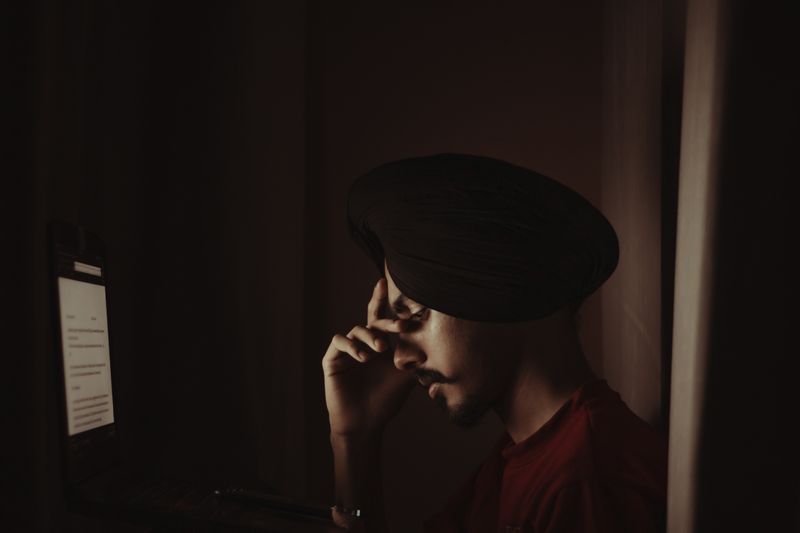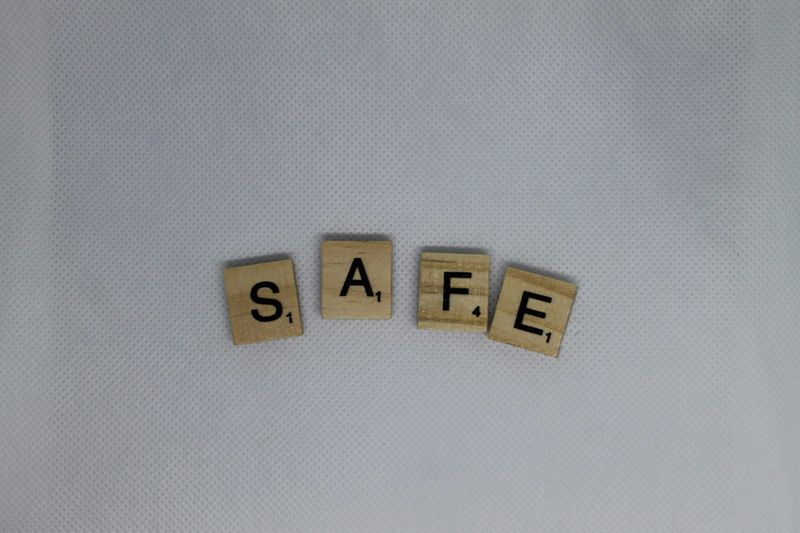Have you ever felt alone in a room full of people?
Did you feel uncomfortable sharing your ideas?
In these situations, it's easy to feel like you're being mistrusted, judged, or invisible. This can be physically, emotionally, and mentally exhausting.
Safe spaces can help combat these experiences.
Safe spaces are designed to make you feel valued, respected, and supported.
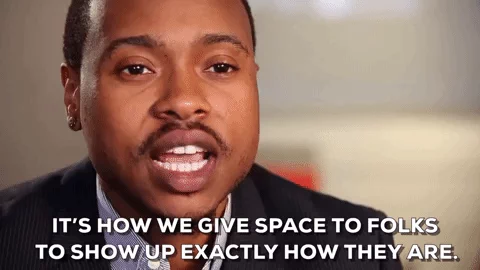
What Is A Safe Space?
A safe space is any place free from:
Discrimination
Undue or unfair criticism
Harassment
Other emotional or physical harm
Where Can You Find A Safe Space?
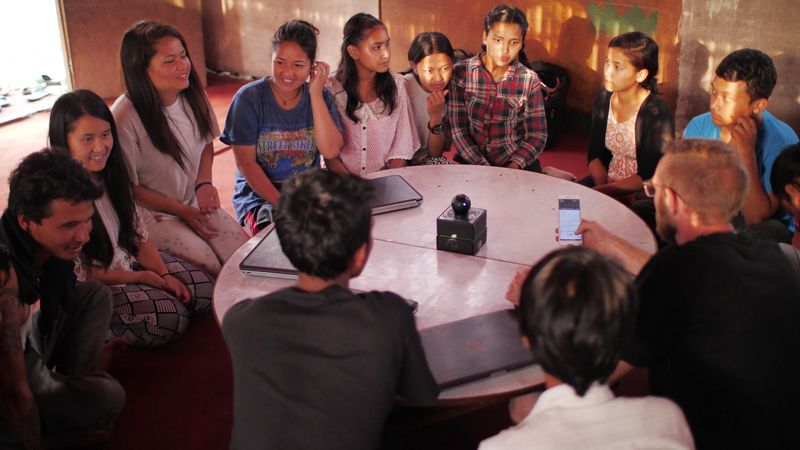
A safe space can be physical, virtual, or social:
Classrooms
A doctor's office
Domestics violence shelters
Places of worship
Hair salons and barbershops
Support groups and community meetings like Alcoholics Anonymous
Embassies in foreign countries
LGBTQ+ spaces
Youth centers
Your own home or a friend's place
Your bedroom or family foom
A public event
An online forum or social media app
Why Are Safe Spaces Important?
Safe spaces can benefit all people.
Safe spaces are one tool to help combat mental health issues.
Safe spaces give people an outlet so they can better focus at home, work, school, or anywhere public and private.
Take Action
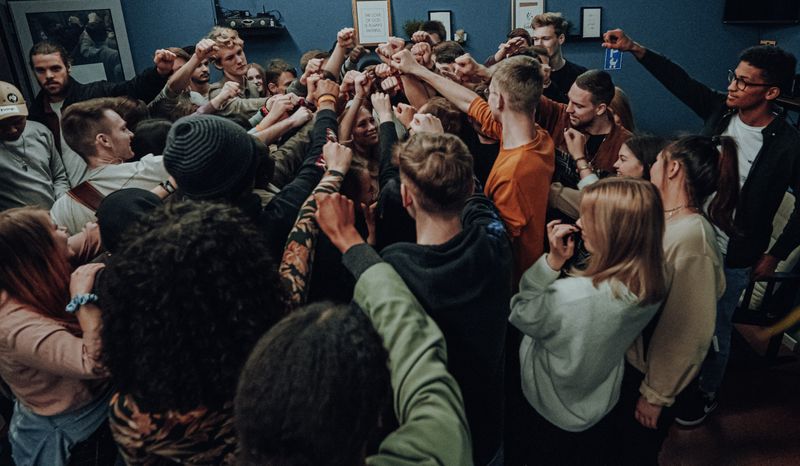 Photo by S. H. Gue on Unsplash
Photo by S. H. Gue on UnsplashThink about the spaces where you spend your time with others.
Your feedback matters to us.
This Byte helped me better understand the topic.

